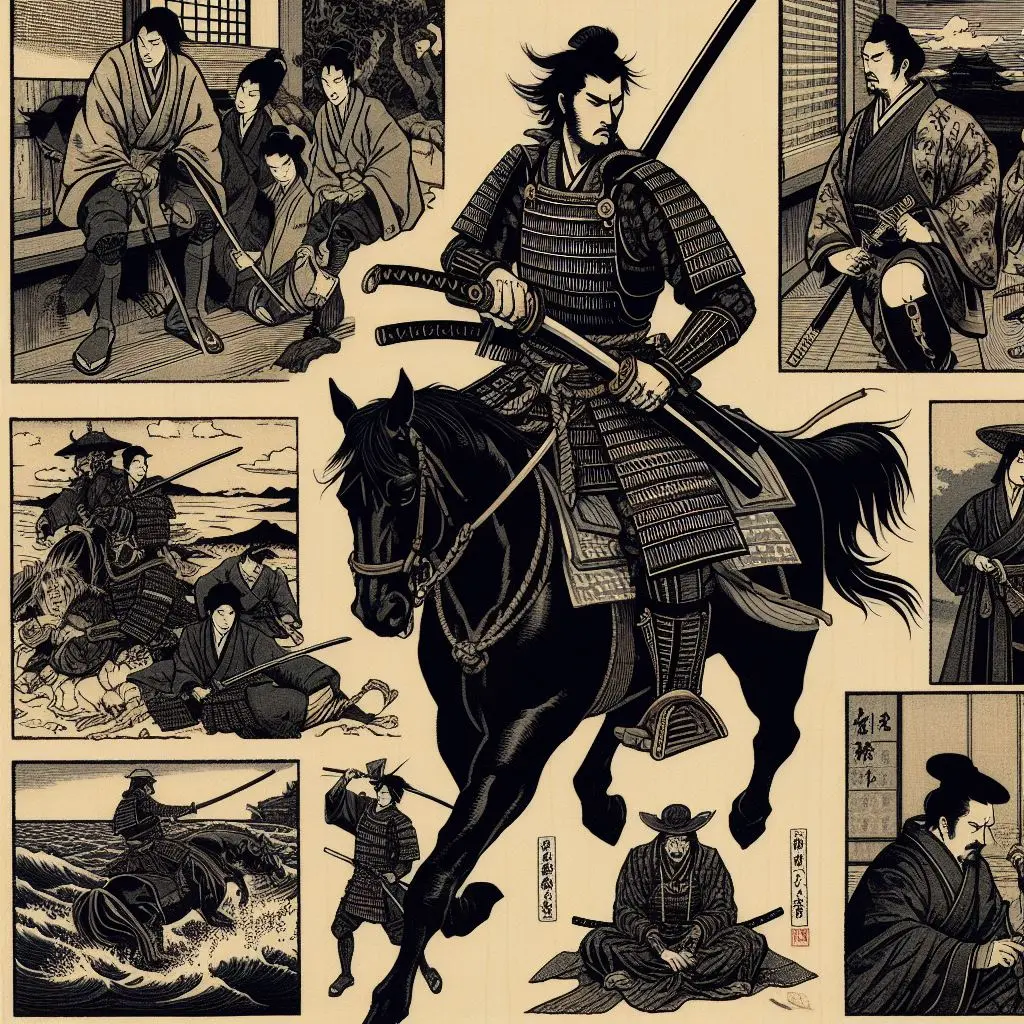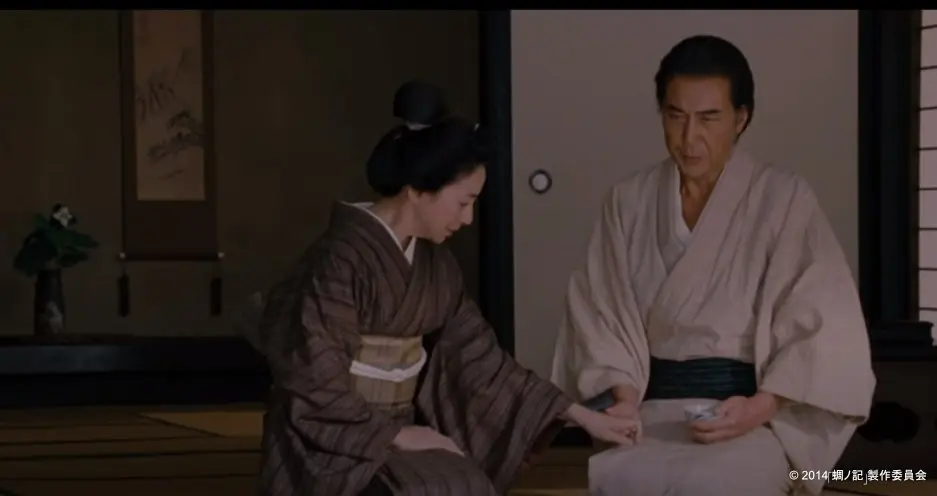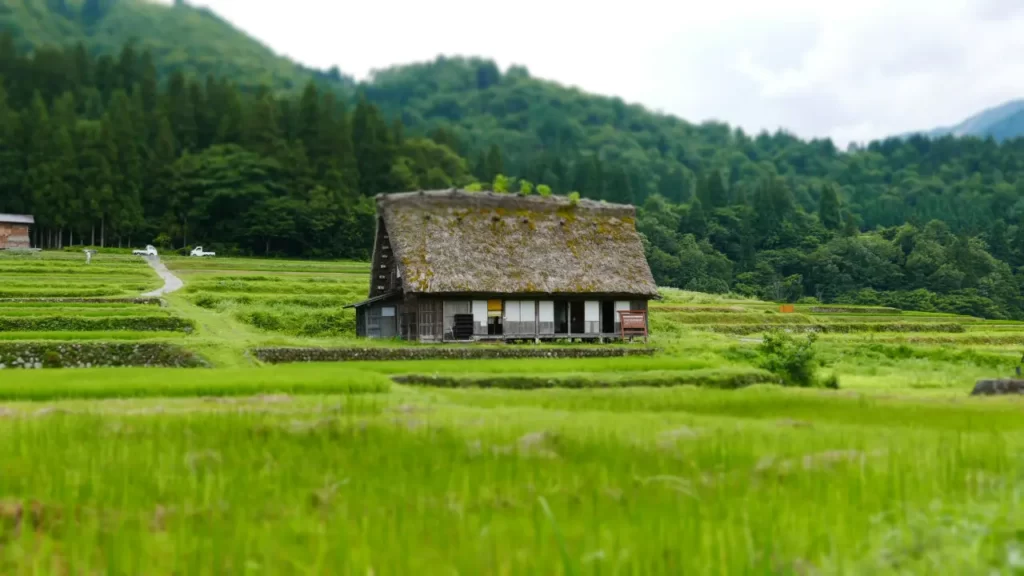The way of life and death of a samurai who accepted death despite being falsely accused is very moving!
This film tells the story of a samurai named Toda Akiya, who was imprisoned by a clan conspiracy and ordered to commit seppuku (ritual suicide) 10 years later. Still, instead of resisting the order, he carried out his samurai beliefs for the sake of the clan, the farmers, and his family.
He carried himself for the sake of someone else! Is this the way of the samurai? The way of life of a man who was ordered to commit seppuku even though he was innocent was just so cool, and the way of life of a samurai in the Edo period was vividly conveyed to me.
An excellent historical drama sometimes depicts an unreasonable story. It can be said that the “pride” of a samurai is to accept punishment for an unjust suspicion and “make no excuses,” which is what he solemnly practiced in this work.
The truth? The unfolding drama exudes the suspense of family turmoil and is captivating.
Although this film is a period drama, there are almost no flashy fight scenes, and the movie is tranquil and quiet. Throughout the story, we see the greed for power and arrogance of a clan leader who only cares about his clan’s appearance and does not want to be exposed in the event of a family disturbance. Akiya and Shozaburo, whom he inspires, endure the situation.
But at the heart of the story is “solving the mystery of Akiya’s secret dealings”? The truth of “adultery with the wife of the feudal lord” and how it is written in the family history is also an essential element of the story.
Why did Toda Akiya choose to commit seppuku? And if he was innocent, why did he accept the order to commit seppuku ten years later? What was Akiya defending when he abandoned his honor as a samurai?
Why did he accept the order to commit seppuku ten years later? The drama exudes the suspense of solving a mystery. It draws you into the events leading up to Akiya’s seppuku, as the truth is revealed through the compilation of family histories from the latter half of the film.

Throughout the film, the four seasons of the mountain village are truly beautiful! The music is lovely too!!
The three years of Shozaburo’s visit to Akiya are presented along with the rich Japanese seasons, and the film can be viewed as savoring nature with its relaxing music.
In addition to the serene images, the way the pianist Takashi Kako’s piano music enters the film is beautiful! Despite being a period drama, the piano sound harmonizes with the story’s scenes, and the music’s frequency and sense of drama are superb.
The mournful cry of the cicada, “Kana kana kana~” in the late summer dusk, reminds us of the end of summer.
The cicada’s cry in the film “Chinooki” also has a fleeting yet sad sound, similar to the burning of life.
Comparison and evaluation with the original work
This film is an adaptation of the Naoki Prize-winning novel, “Tannoki,” by Rin Yamuro. Since his directorial debut with the period drama “Ameagaru,” Koizumi’s works have been characterized by earnestness and a gentle touch, and this film was also adapted with this kind of atmosphere.
Because Koizumi is such a director, this film was something different without being “overwhelmingly evil.
The film’s core is that Toda Akiya sacrificed his life to protect his family, even though he was falsely accused. However, the original story is different.
The scene in the first half where the lord apologizes to Toda and the impression that the evil chief is a “good person” is not in the original work.
I think the old values of “it is enough to put up with oneself” for the sake of the family, or the values of Bushido and the aesthetics of the Samurai, are well summarized in the original work. Some parts were cut from the original story, such as the murders on the night of the festival and the hardships of life that make the villagers even think about starting a revolt. There is also foreshadowing that only exists in the original story.
There is also a scene in which Ikutaro, who had objected in front of Nakane, the retainer, tries to draw his sword in the hall and is threatened by the retainer with crucifixion, saying, “If you pull it, your family and all those around you will be crucified.
In the end, Ikutaro pokes the retainer with the butt of his sword. Still, he throws a stone at the retainer in the original story.
A dying man’s figure.
Still, it was very leisurely and manly of him to die with a satisfied smile at the end! I expected this movie to have a clean warrior image and a killing scene from a period drama.
However, “A Samurai Chronicle” is an authentic period drama with a lot of flavor.






